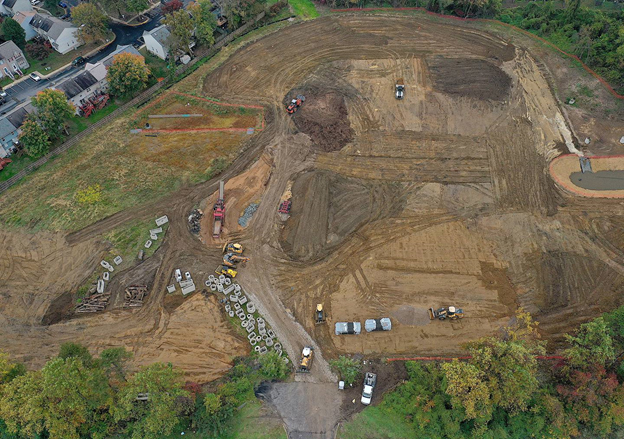Maryland Department of the Environment
Hogan’s record as governor a classic case of self-dealing
Seeking reelection in 2018, Hogan released tax returns showing he had made $2.4 million from such deals in his first three years in office. No other governor has earned as much outside income while in office. Paralleling Trump, he has set up a very profitable system whereby he can use his powerful government position to increase his private profits. Last year, he purchased a $1.1 million five-bedroom home on six acres in Davidsonville. This is a striking financial turnaround considering Hogan was forced to file for bankruptcy in April 1994, when lenders called his loans and he liquidated his real-estate business and $750,000 home in Upper Marlboro.
Read More‘Don’t Let the Tea Party Set the Agenda’
(This is sixth in an ongoing series of posts on What’s It Going to Take?: A look at how the environmental community can regain the initiative and build the political will necessary to clean up the Chesapeake Bay.)
In this exclusive interview, Maryland state Sen. Paul Pinsky tells the Bay Action Plan that, “We shouldn’t be taking our cue from the Tea Party,” when it comes to cleaning the Chesapeake Bay. “The correct response to them is to ask, ‘What is the right thing to do?’ We shouldn’t allow them to shape the dialogue.”
Read MoreWorcester County Commissioners Kick the Clean Water Can Down the Road
(Posted by Kathy Phillips.)
In an extremely disappointing move, the Worcester County Commissioners have failed to take some very simple steps to protect our local waterways while contributing to state-wide efforts to save the Chesapeake Bay.
At the Worcester County Commissioners December 6th regular meeting, the County Commissioners threw out the Phase II Watershed Implementation Plan documents that county staff had spent months preparing and voted 6-1 not to submit their plan to MDE by the December deadline. In fact, they intend to bury the document and “take their time” cooperating.
Read MoreMitigation Madness
(Posted by Fred Tutman.)
The legend of Robin Hood is about a fabled band of brave outlaws in medieval England who took money from the rich under a repressive monarchy and redistributed it to the poor. Sounds like a good thing right? Take something from somebody who has too much and give it instead to somebody who has not enough. What could be wrong with that? Fast forward into reality on the Chesapeake Bay, the 21st century and the lopsided world of “net environmental impacts” where we can take a perfectly good and functioning wetlands site, turn it into a parking lot and then make up for it by restoring a wetlands half way across the state.
Read More